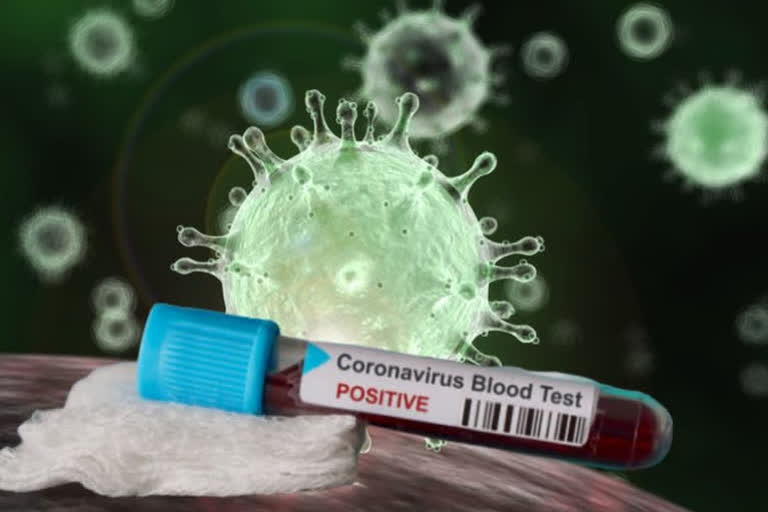Hyderabad: At a time when the world is busy trying to discover a vaccine to the novel coronavirus that has caused considerable consternation across the globe, a senior academician from IIT Delhi has claimed that India has advanced scientific technology to detect mutations and therefore decode the genome sequence of the novel coronavirus.
Professor of Biological Sciences at IIT-Delhi and a Padma Shri awardee Seyed E Hasnain in an interview with Eenadu said that Indian organisations are working on finding drugs and vaccine for this virus.
Prof Hasnain, who is also a science policy advisor, said that developing a vaccine could take anywhere between a few months to a year. He advised people to follow precautions laid out by the government and healthcare experts. Further, he opined that the best approach is to increase the rate of testing.
Prof Hasnain was awarded the Order of Merit of the Federal Republic of Germany. He took charge as Vice-Chancellor of Jamia Hamdard in 2016.
Excerpts from the interview:
What causes new viral outbreaks? Can we identify them beforehand?
Formation of new viruses is a natural process. Virus particles evolve slowly. The process may take several decades. The geographical origin of the virus also plays an important role in this process. It is nearly impossible to detect them beforehand. It is difficult to pinpoint the origin of SARS-CoV-2 responsible for COVID-19. Nobel laureate Luc Montagnier, who discovered the HIV; opined that that novel coronavirus had laboratory origins.
How are the facilities for research on COVID-19 in India?
There are basic facilities needed to identify genome sequence and detect genetic mutations of the virus. We are capable of developing the drugs and vaccine for COVID-19. Serum Institute of India (SII) in Pune is the topmost manufacturer of immunobiological drugs in our country. In the past, Hyderabad-based Bharat Biotech has developed ROTAVAC (First rotavirus vaccine) and saved millions of lives worldwide.
How is India faring in controlling the pandemic?
We are on the right track. The government of India did the right thing by handing over the baton to the Indian Council for Medical Research (ICMR). The Council is conducting 30,000 tests per day. The testing capacity will increase in the coming days. Compared to developed countries like the US, Spain, Italy and France, the number of cases is less in India.
How long does it take to develop a vaccine?
Several organisations are on it. Worldwide, five vaccines are awaiting clinical trials. SII Pune is working on developing a vaccine based on the BCG model. Bharat Biotech is also working on it. Developing a vaccine will take a few months to a year. We have been researching COVID-19 at the Jamia Hamdard University for the past couple of months now.
Do Indians have unique immunity to novel coronavirus?
Certain points like the low incidence of cases make it clear that Indians have a strong immune system, although scientifically, it has not been proven yet. COVID-19 deaths are lower in countries where BCG vaccine is administered.
What would you advise the public?
To date, there is no vaccine for COVID-19. Till a drug or vaccine is developed, we must shield ourselves through social distancing. Lockdown is a scientifically specified concept to curb the spread of contagion. It is important to maintain personal hygiene, wear masks and frequently wash hands for 20 seconds.



